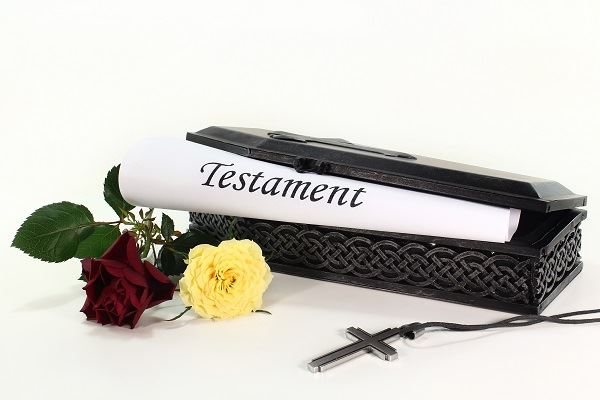 People who have the foresight to draft a will are doing their best to make sure their wishes are known and carried out following their death. In the best circumstances, this planning ahead can help the younger generations to move forward in life by using these assets to start a business, go to college, pay off debt, or any other variety of tasks that will help them advance their interests. There are times, however, when beneficiaries of a will or potential beneficiaries of a will may bring a lawsuit in probate court to contest a will. Contesting a will means that a person is asking a judge to rule that the will is invalid. There are a set number of reasons to contest a will in Minnesota.
People who have the foresight to draft a will are doing their best to make sure their wishes are known and carried out following their death. In the best circumstances, this planning ahead can help the younger generations to move forward in life by using these assets to start a business, go to college, pay off debt, or any other variety of tasks that will help them advance their interests. There are times, however, when beneficiaries of a will or potential beneficiaries of a will may bring a lawsuit in probate court to contest a will. Contesting a will means that a person is asking a judge to rule that the will is invalid. There are a set number of reasons to contest a will in Minnesota.
One common reason is to claim that the person who drafted the will did not have the necessary capacity at the time the will was executed. This means that the person contesting the will is alleging the testator had such serious mental shortcomings that the will is not a valid reflection of what he or she would have wanted in the event he or she was in the right state of mind. This is a common reason to contest a will where the testator has dementia or Alzheimer’s. This type of will contest will require a significant amount of medical documentation and testimony to be successful.
Another common reason that the will may be contested in court is a claim that the testator was unduly influenced into making the will. For example, in a case where a home health care worker who winds up inheriting a large amount or even all of a testator’s estate, thereby disinheriting close relatives such as children, a will contest would be expected. This may also occur where one sibling accuses another of coercing the parent into disinheriting the other siblings, especially where the sibling who stands to inherit under the will spent significant amounts of time alone with the testator.
Finally, a claim may be brought because the will is not executed in compliance with Minnesota law. These claims are becoming more common now that people are choosing to print out a form found online and use these to execute a will instead of seeking the help of a professional estate planning attorney. A court can still choose to enforce the will regardless of the inconsistencies with the requirements for a valid will under Minnesota law, but it is far from a sure thing.
These are just a few examples of ways a will may be contested during the probate process. Call us today at (320) 299-4249 for a consultation if you have questions about the validity of a will or what you need to do to make sure your wishes are respected after you pass on.































